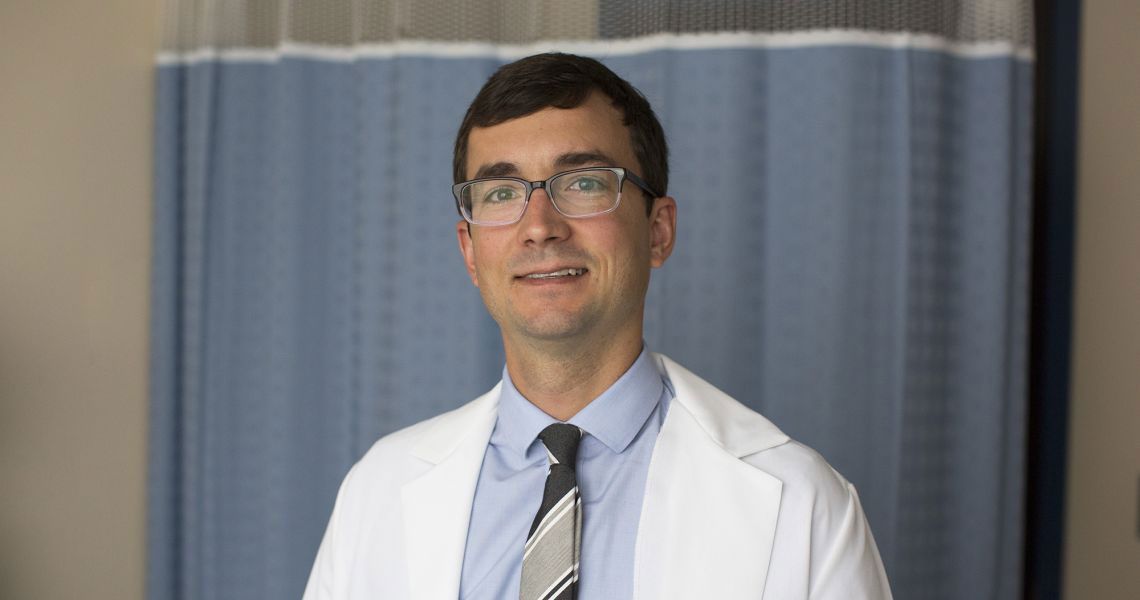ADHD, or attention deficit/hyperactivity disorder, and its accompanying symptoms – an inability to focus, keep track of details, multitask, or reign in restlessness – is a common diagnosis among children, but for many, these disease hallmarks continue into adulthood. Here, Antonio N. Puente, PhD, clinical neuropsychologist at the George Washington University (GW) Medical Faculty Associates (MFA) and assistant professor at the GW School of Medicine and Health Sciences, explains how ADHD extends beyond adolescence and what treatment options may be the most effective.
What is the difference between ADD and ADHD?
Puente: ADHD includes three subtypes: the inattentive subtype, the hyperactive/impulsive subtype, and the combined subtype. Most patients with ADHD have inattentive, hyperactive, and impulsive symptoms; however, some are more one type or the other, hence the differentiation. For some, it is more intuitive to refer to the ADHD-inattentive subtype as ADD, or attention deficit disorder.
How common is adult ADHD?
Puente: Adult ADHD is common; between 5 and 10% of adults have ADHD, depending on the age range.
What are symptoms of adult ADHD?
Puente: Symptoms are the same as they are in childhood ADHD (impulsiveness, trouble multitasking or focusing on a task, poor planning skills, disorganization and difficulty prioritizing, easily distracted, struggle to pay attention to details), but they often look different. For example, adults with ADHD may experience hyperactivity more in the form of restlessness rather than motor hyperactivity.
How are patients diagnosed?
Puente: We use psychological or psychiatric assessment to diagnose patients.
What treatment options are available?
Puente: The first line of treatment is pharmacotherapy with traditional stimulant medications (e.g., Ritalin, Adderall), as well as other newer stimulants (e.g., Azstarys) or non-stimulants (e.g., Strattera, Qelbree). In addition to pharmacotherapy, we strongly recommend behavioral therapy to help with executive dysfunction.
Are some people more likely to develop adult ADHD than others?
Puente: Yes. Those with a family history of ADHD, premature birth, and exposure to toxins, particularly in-utero, are more likely to be diagnosed with adult ADHD.
How can the GW MFA help people who suspect they may have adult ADHD?
Puente: We can help assess for and develop a treatment plan for patients with ADHD.
What should those who suspect they may have adult ADHD keep in mind?
Puente: ADHD has historically been viewed as a childhood limited disorder. We have learned that this is just not true, so I encourage adults who are experiencing symptoms to be examined and learn what treatment options they have.
To make an appointment with a psychologist or psychiatrist, please visit the Department of Psychiatry and Behavioral Sciences at the GW MFA or call 202-741-2888.




